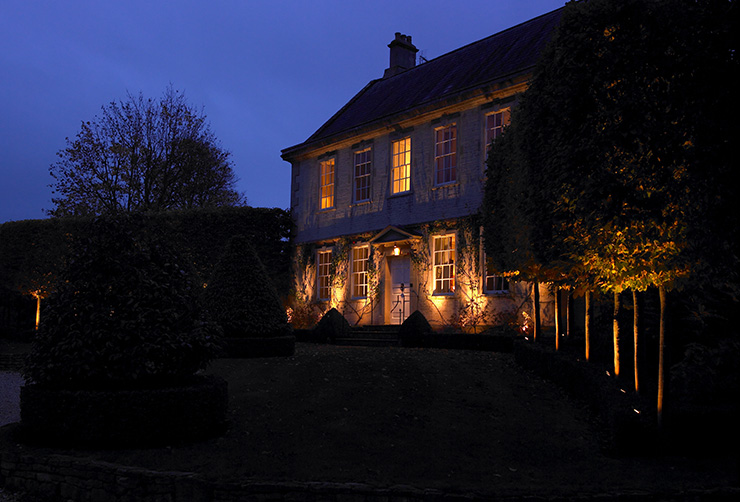 Collaboration Iain MacDonald Design
Collaboration Iain MacDonald Design
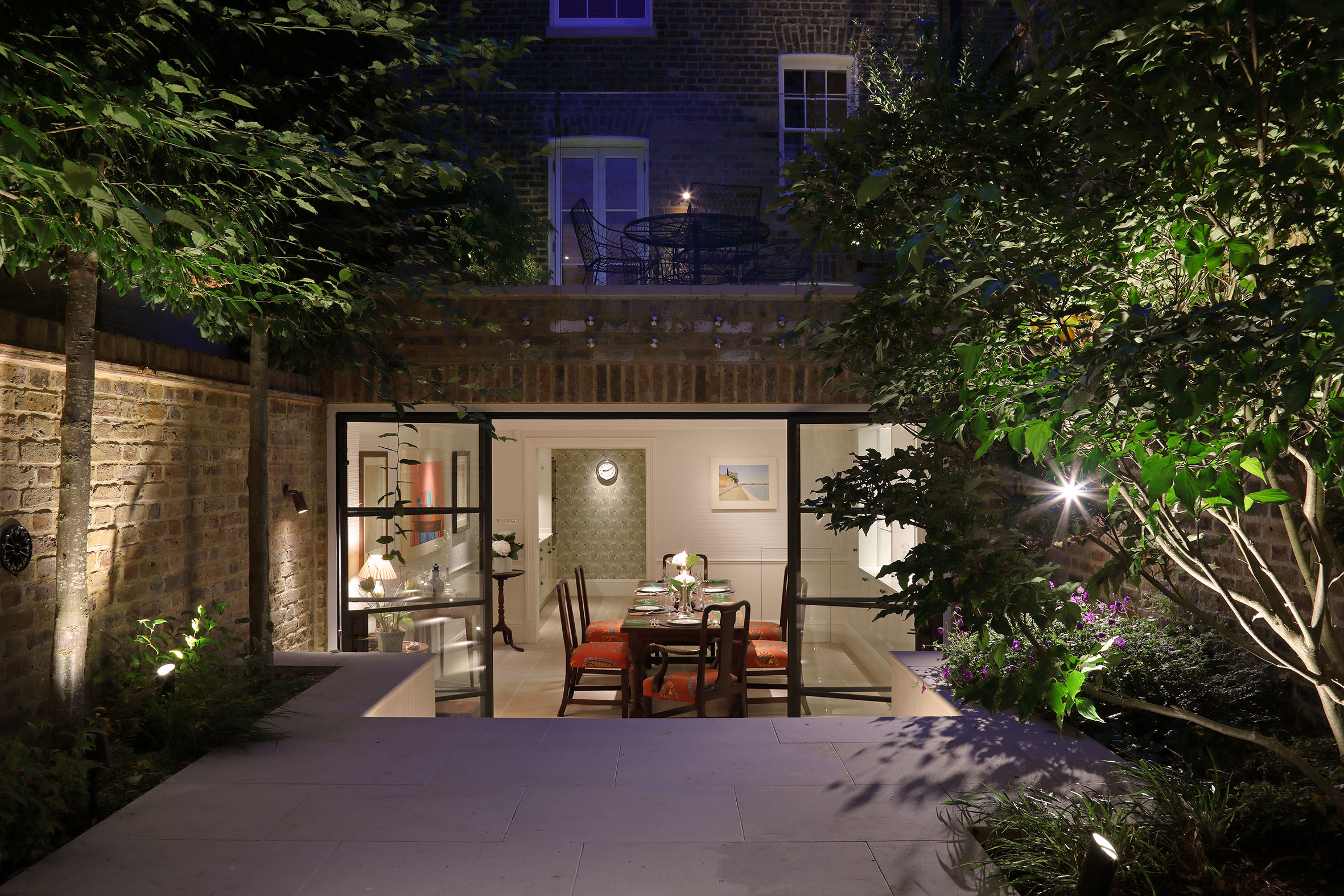 James Balston Photography
James Balston Photography
 Collaboration Iain MacDonald Design
Collaboration Iain MacDonald Design
 James Balston Photography
James Balston Photography
If you love your garden and have invested time and money into landscaping and planting, it deserves to be beautifully lit. Gardens are now seen as extensions of our homes, or ‘outdoor rooms’ leading directly from a kitchen or conservatory. Clever outdoor lighting can create pathways, highlight architectural features, exotic plants or water fountains. Without it, your beautiful garden will only be enjoyed during daylight hours. Work with Kate & Sam to maximise the pleasure of your outdoor space. You can invite your garden designer or landscape architect to join the video consultancy workshop for a completely collaborative experience.
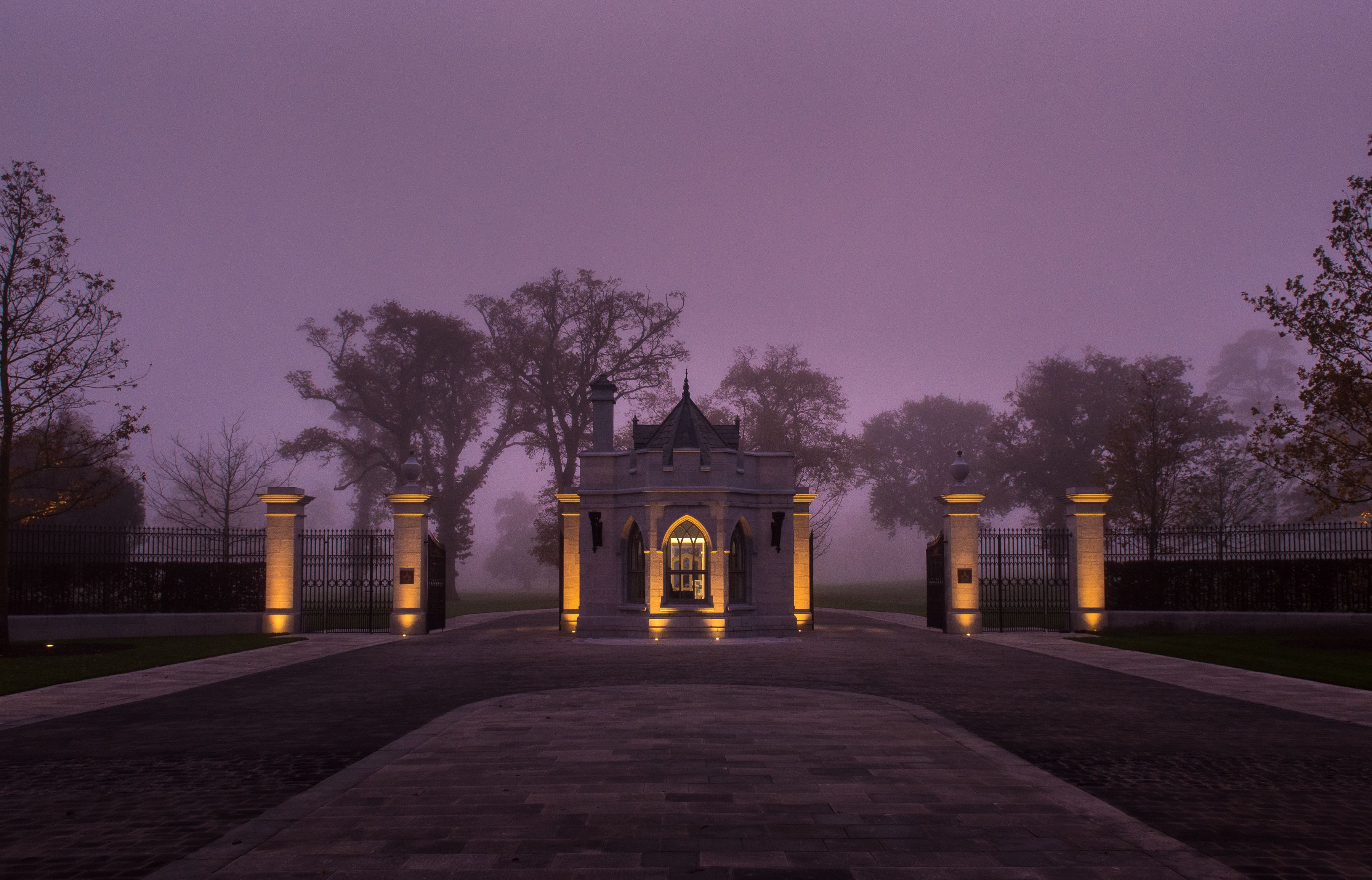 Image courtesy of Adare Manor Hotel
Image courtesy of Adare Manor Hotel
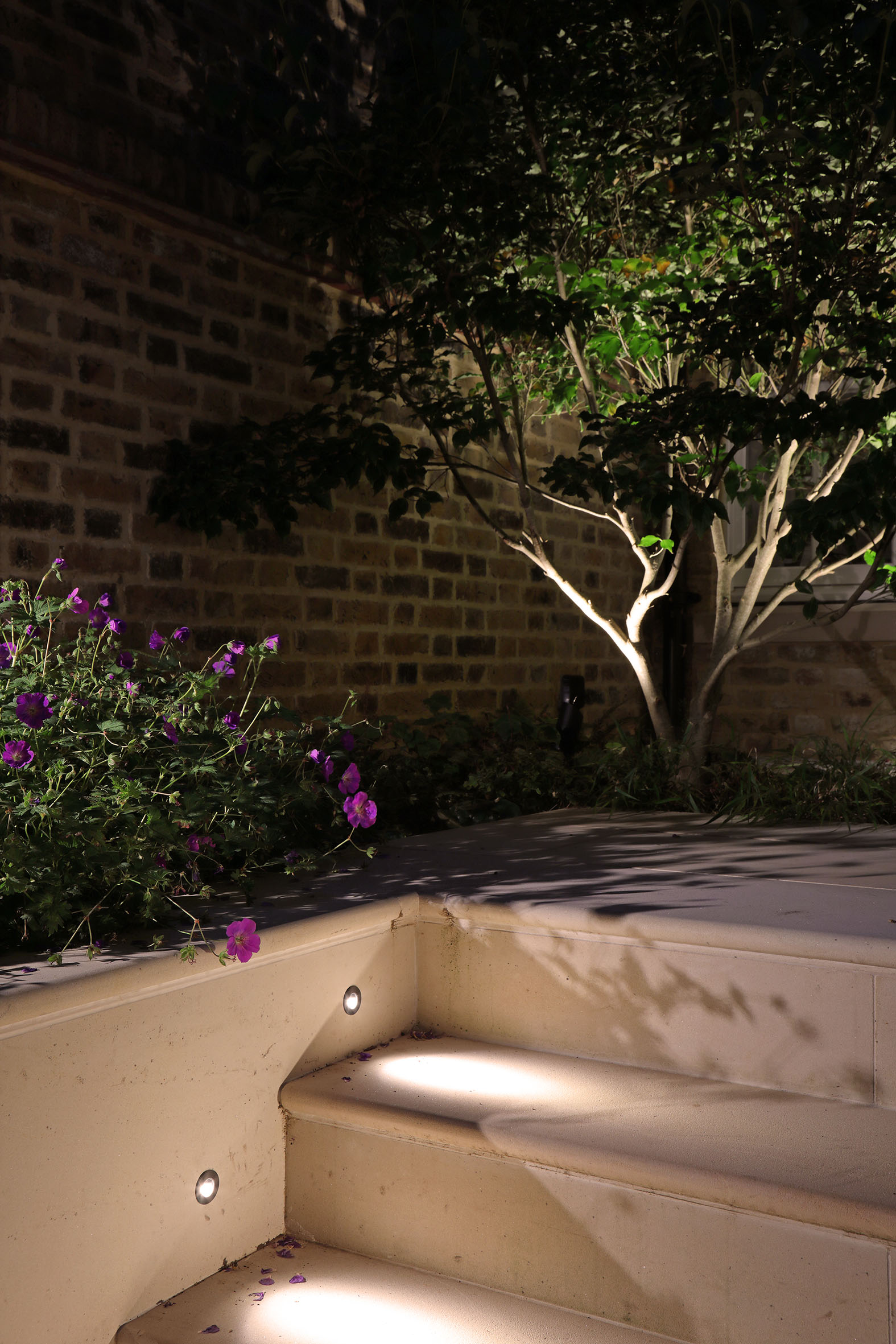 James Balston Photography
James Balston Photography
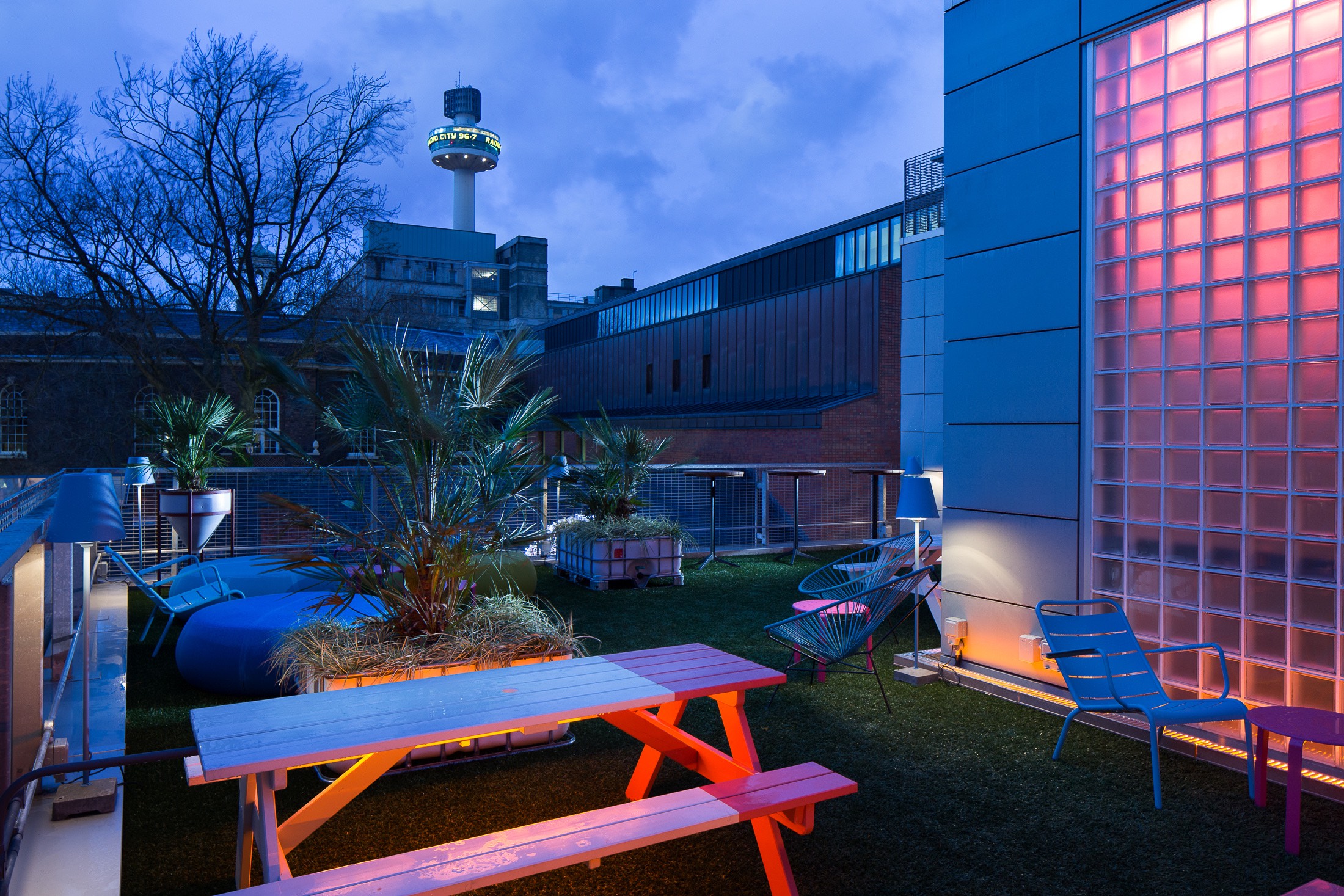 Collaboration Softroom Architects
Collaboration Softroom Architects
 Image courtesy of Adare Manor Hotel
Image courtesy of Adare Manor Hotel
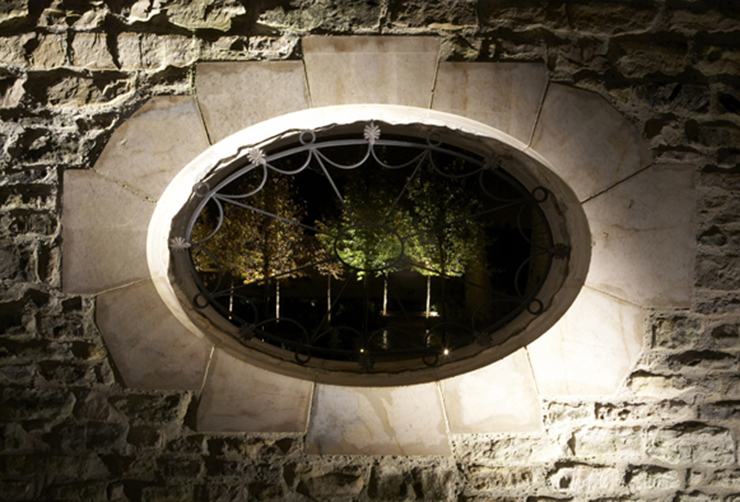 Collaboration Iain MacDonald Design
Collaboration Iain MacDonald Design
Sam Neuman
Having made a career in architectural lighting design, Sam has worked alongside a number of leading practices from Imagination to NDYLight, WSP and more. Sam is an active member of the lighting community and regularly presents lectures and publishes articles around his areas of expertise.
Sam has worked with several leading practices and has dedicated his career to architectural lighting design. He is active within the lighting design community by presenting lectures and publishing articles.
Kate Wilkins
Kate has worked on a number of lighting projects for a wide variety of live performance, architectural and artistic lighting designs since 1991. Fascinated by the way lighting can change our moods, Kate also loves to explore human behaviour with experimental lighting projects.
Kate is particularly fascinated by the mood altering effects of light and the deep connection to our senses. She is currently researching sleep patterns and optimising bedroom environments for both adults and children.
How can I reduce light pollution with my garden lighting?
We all know how annoying unwanted, uncontrollable spill light can be and with a considered design and choice of lighting equipment you can control and reduce light pollution. Lots of lighting ranges now come with cowls and snoots to help control light. Aim and lock adjustable lights in position and reduce the number of spotlights and infloor uplights pointing straight up into the sky.
Can I use solar powered garden lights?
Until very recently solar power for garden lighting has not been a viable proposition. There are an increasing number of products and lighting combinations that come with a small solar panel and remote battery and they seem to work ok. At HLI we’ve not had a chance to test them all out but we are always looking. However from experience, for a small low key lighting element, solar powered lighting can work but for a permanent brighter solution that delivers nice lighting even into the winter months we still recommend a hard wired solution.
Is planning permission required for external lighting?
Light itself, and minor domestic light fittings, are not typically subject to planning controls. Nevertheless we all know how annoying unwanted, uncontrollable spill light can be and with a considered design and choice of lighting equipment you should take care to minimise impact to others and the surrounding environment. The birds, bats and other nocturnal beasts will also appreciate this approach.
What IP rating do I need for External Lighting?
IP rating for external lights typically start at around IP44 but IP67 or IP68 will offer better protection. As well as the lights you also need to think about the IP rating of connectors and connection boxes and the specification of the cables. The fewer the connections the fewer weak links you’ll have in the installation. and by putting lights externally in the landscape you are placing them into a harsh unforgiving environment. Many years of lighting design for gardens has tough us that where water or humidity can get in, it will!
How bright should outdoor lights be?
The eye is a phenomenally powerful organ and can works in lux levels ranging from 0.1 Lux to 100000 Lux+. After dark, the amount of light needed to highlight and pickout features is surprisingly low. The lighting guides offer suggested Lux levels for paths and steps etc. However, these levels are meaningless when there is too much contrast in the scene. The eye is not good at balancing great contrast. When you are planning you garden lighting you need to carefully choose how you want to experience and see your garden and pick positions that eliminate or reduce glare from luminaires. There are also lots of lighting products that now come with glare and spill light accessories helping to make your garden feel comfortable and look attractive.
Will you visit site if I need you?
Contact us directly if you’d like to arrange a site visit.
Find out more information on the perfect home lighting ideas for you. Book an online consultancy and discover how we can help make your house a home.